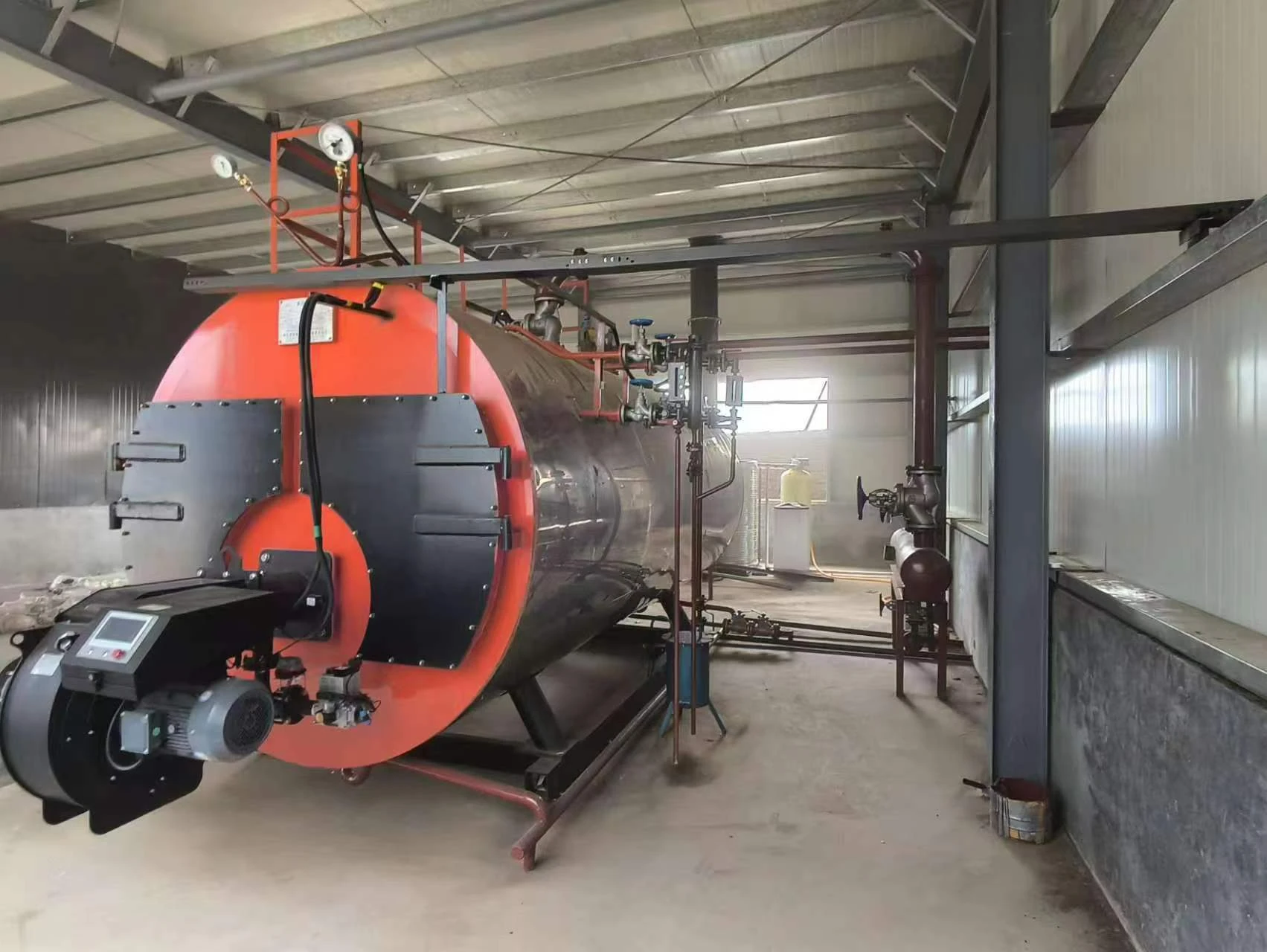
Nov . 08, 2024 20:19 Back to list
what do biomass boilers run on
What Do Biomass Boilers Run On?
Biomass boilers are an increasingly popular form of renewable energy technology, utilized to generate heat and hot water for various applications, from residential heating to industrial processes. Unlike conventional boilers that predominantly rely on fossil fuels such as natural gas, oil, or coal, biomass boilers operate on organic materials. This transition represents a significant shift towards sustainability and reducing carbon emissions, making biomass boilers an essential element in combating climate change.
Understanding Biomass
Biomass refers to any organic matter that can be used as fuel. This includes plant-based materials, agricultural residues, and even waste products from forestry. The primary sources of biomass for boilers are
1. Wood Pellets These are made from compressed sawdust and wood shavings. Wood pellets are popular because they are uniform in size, have a high energy content, and burn efficiently. They are often used in residential and commercial biomass boiler systems.
2. Wood Chips These are larger pieces of wood produced from tree waste, lumber, and other sources. They are cost-effective and commonly used in district heating systems, particularly in rural areas where forests are abundant.
3. Agricultural Residues Materials such as straw, corn stover, and sugarcane bagasse can also be utilized as biomass fuel. These residues are considered waste products from agricultural processes and provide an excellent way to repurpose materials that would otherwise contribute to landfill.
4. Energy Crops Certain crops are specifically grown for energy production, such as switchgrass and miscanthus. These plants have higher biomass yields and can provide a sustainable fuel source for biomass boilers.
5. Waste Materials Biomass systems can also run on biodegradable waste such as food scraps and paper products. This aspect of biomass boilers not only provides fuel but also helps in managing waste and reducing landfill use.
How Biomass Boilers Work
Biomass boilers operate on a straightforward principle they combust biomass fuel to produce heat. The burning process releases thermal energy, which is then used to heat water or air for heating purposes. The biomass is fed into the boiler system, where various technologies may be employed to ensure efficient burning and heat extraction.
what do biomass boilers run on

There are different types of biomass boilers, including
1. Log boilers These require manual loading of logs and are simpler but can be less efficient. 2. Wood pellet boilers These are fully automated systems that feed pellets into the combustion chamber, allowing for more efficient operation and control over the heating output.
3. Chip boilers Similar to pellet boilers but designed for a more substantial and less refined fuel source, making them suitable for larger applications.
Advantages of Biomass Boilers
- Renewable Energy Source As biomass is derived from living or recently deceased organic material, it is fundamentally renewable, especially when sustainably sourced.
- Carbon Neutrality Biomass boilers are considered to be carbon-neutral; although combustion produces CO2, the plants that were used to create the biomass absorbed CO2 while they were growing.
- Waste Reduction Using agricultural residues and waste materials as fuel helps to reduce landfill waste and promote a circular economy.
- Energy Security Biomass resources can be locally sourced, reducing dependence on imported fossil fuels and enhancing energy security.
Conclusion
Biomass boilers present a viable and sustainable alternative to conventional heating methods. By using a variety of organic materials, they not only contribute to reducing greenhouse gas emissions but also promote the use of renewable resources and waste management solutions. As technology advances and more efficient biomass systems become available, it is likely that their adoption will continue to grow, playing a crucial role in the transition to a more sustainable and environmentally friendly energy landscape. Whether for residential, commercial, or industrial applications, biomass boilers are clearly poised to become a significant player in the quest for sustainable energy solutions.
-
Efficient Biomass Fired Hot Water Boiler | AI Heating Solution
NewsAug.01,2025
-
High-Efficiency Gas Thermal Oil Boilers | HPT Models
NewsJul.31,2025
-
Oil Fired Hot Water Boilers Sale - High Efficiency & Affordable
NewsJul.31,2025
-
High-Efficiency Commercial Oil Fired Steam Boiler for Industry
NewsJul.30,2025
-
High-Efficiency Biomass Fired Thermal Oil Boiler Solutions
NewsJul.30,2025
-
High Efficiency Gas Fired Thermal Oil Boiler for Industrial Heating
NewsJul.29,2025
Related PRODUCTS






















